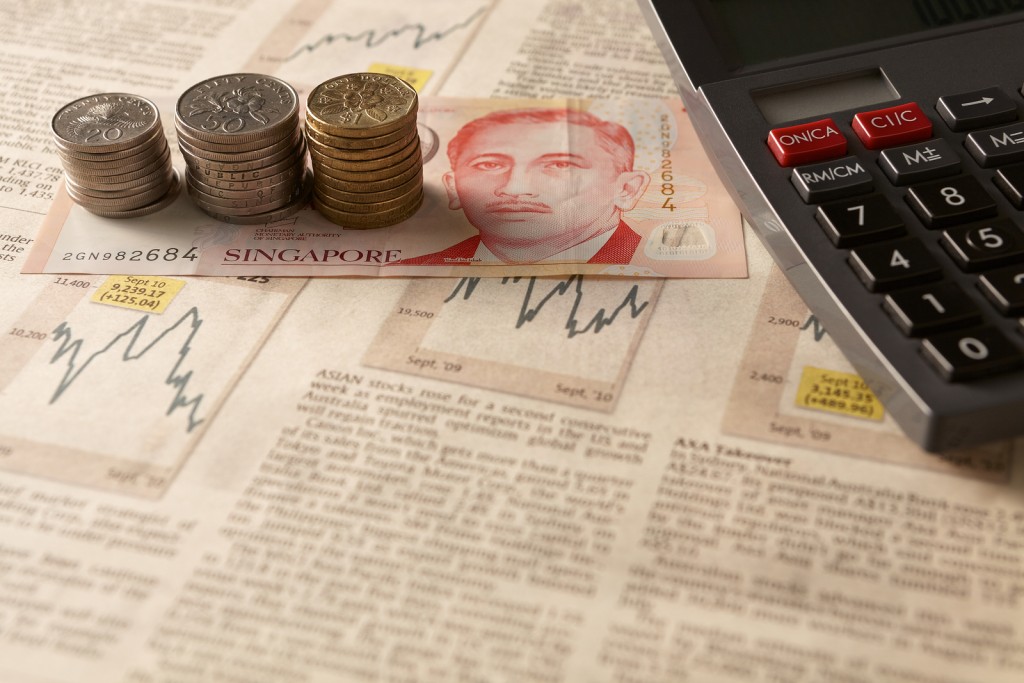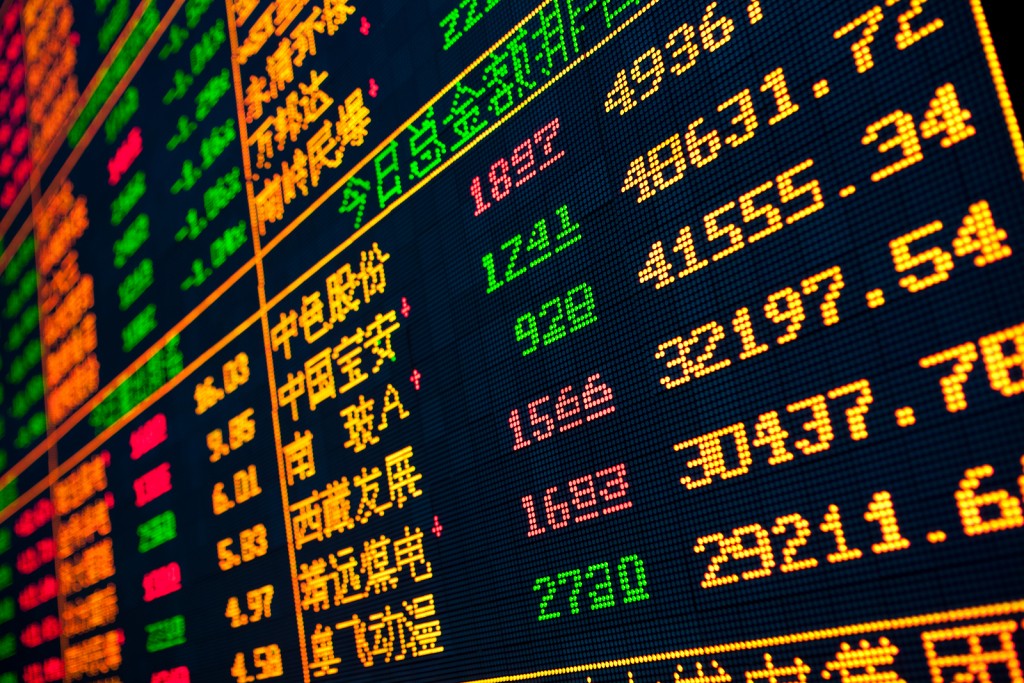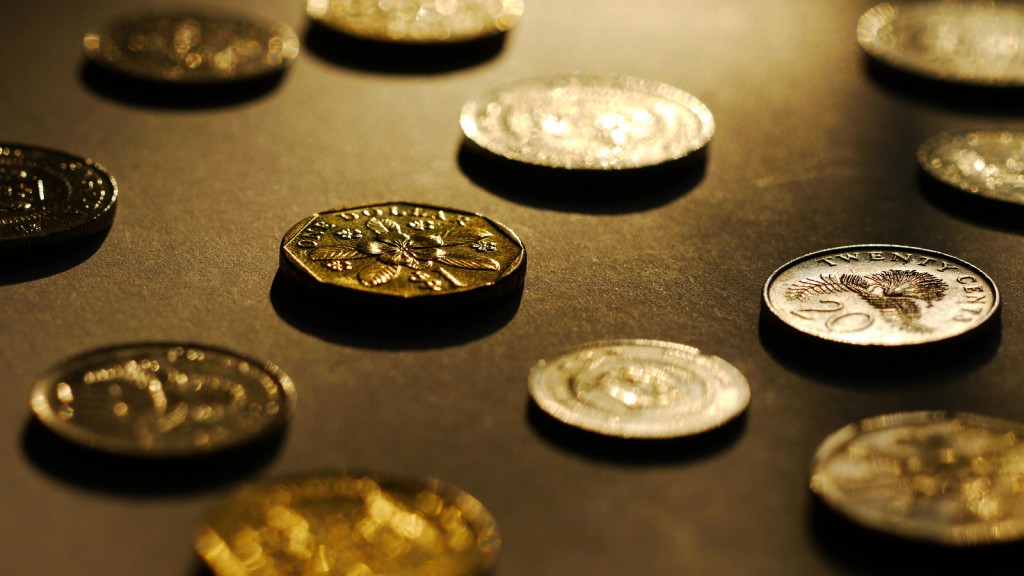List of Important Asset Classes
Asset Classes are important as these are generally the most accepted investments, and have proven to be valuable and investible over a long period of time. Without general acceptance, there would be a smaller pool of buyers and sellers, creating a poor market condition for investments.
Asset classes are grouped because of similarities in investment nature. Below are the commonly accepted asset classes.
The core asset classes are:
- Cash Equivalents
- Equities
- Bonds
- Real Estate
- Gold
- Precious Metals & Commodities
- Alternative Investments
No. 1 Cash Equivalents

Cash Equivalents is an asset class where the money can be easily converted into cash or is cash itself. They are short-term in nature such as investments in deposits, bonds or loans and have a holding period of less than 1 year. Returns are usually calculated as interests accrued or earned.
Although bank deposits are usually not considered an investment, they carry risks when there is a bank-run or bank failure. Not all countries have a banking deposit insurance program, or they may have a limit to the deposit guarantee in the event of a bank failure.
Example of Cash Equivalents:
- Bank Deposits such as Fixed Deposits, Savings Account and Current Account
- Short-Term Treasury Bills, Government Bonds, High Quality Corporate Bonds, Loans
- Money Market Funds (a pooled investment with the above possible investments)
Why are Cash Equivalents an important asset class?
Cash equivalents allow investors to invest or park their money in assets that generate some returns, or to prevent an erosion or deflation of value. Holding cash yields nothing over 12 months, but the cost of living may have gone up. By placing the money in fixed deposit in a bank over 12 months, there would at least be some interest earned.
No. 2 Equities

Equity is the most talked about asset class as an investment. It is a form of ownership such as owning shares in a private company or listed company. Equities are commonly invested through public-listed shares or through a managed fund such as Unit Trust or Mutual Funds, which invest into numerous equities.
Public-listed shares are the most popular equity investments for the general public. Almost anyone can invest, starting from a small amount of capital (hundreds of dollars) into the world’s leading companies such as:
| Asia | Europe | America |
| Petrol China | Royal Dutch Shell | Apple |
| Samsung | BP | ExxonMobil |
| Toyota | Nestle | General Motors |
| ICBC | HSBC | General Electric |
| Alibaba | Allianz |
Example of Equities:
- Public-listed Shares (also known as stocks)
- Preferred / Preference Shares
- Direct Equity (Direct investment into companies)
No. 3 Bonds

Bonds or sometimes called Debts, is another popular and common asset class after equities. It is a debt instrument, or is easier understood as a loan investment. In bonds, one lends money to the bond issuer such as governments or corporate firms. Bonds without maturity dates are called perpetual.
The terms of the bond typically include interest rates, payout frequency and the length of the loan.
Example: ABC Company 8% S/A 2050
- Company ABC Bond
- 8% p.a. coupon payable every 6 months
- Maturity of bond is in Year 2050
* Bonds as an asset class are often classified under Fixed Income instead of Bonds. Fixed Income would comprise of bonds and preference shares. As the nature of bonds and preference shares are alike (coupon, payment frequency and maturity date), the same methods are used to calculate their valuation.
Preference shares is considered an equity. There are also convertible bonds, which have an equity option embedded, and become an equity when certain conditions are met. This is an example of asset classes being put together to create more investment options for investors or to fulfil capital market demands.
Related Articles:
No. 4 Real Estate

Real Estate or property can also be considered an equity. Due to its widely accepted use for residential, commercial, industrial, hotel, office and sometimes agriculture, it is often considered an asset class by itself.
As homeownership is a popular aspiration, it therefore represents a major investment for anyone. The value of a property is huge, thus most people would do a downpayment (equity) and take up a mortgage loan (debt) from a bank. A typical mortgage loan would be for a period of 10 to 30 years.
Since the downpayment is a fraction of the property price, property investments become a popular investment asset class.
No. 5 Gold

Gold is considered the safest asset class. Whenever there are global uncertainties, political or economic chaos, a phenomenon called “flight to safety” occurs. Money and investments would be liquidated, and will flow into acquiring gold.
Historically, gold had been the most accepted or de facto currency. Many nations hold Gold as it is considered the most valuable stored form of money until the arrival of British Pounds, in the late 1800s to early 1900s. During War World I and War World II, gold resumed its importance and only in the 1970s did USD become a more acceptable replacement to Gold.
*Gold can also be considered as a Cash Equivalent asset class.
No. 6 Precious Metals & Commodities
Precious Metals & Commodities is the less common asset class. They are usually considered a hedge against inflation, or for trading or speculative purposes.
Common Investments:
| Precious Metals | Commodities |
| Gold | Oil |
| Silver | Gas |
| Platinum | Wheat |
| Palladium | Corn |
| Aluminum | Soybean |
| Copper | Cotton |
| Nickel | Sugar |
| Zinc | Coffee |
| Cocoa |
No. 7 Alternative Investments

A growing accepted investment asset class. Alternative Investment puts together the all the lesser known investment opportunities. Below are some examples:
Examples:
- Arts & Antiques
- Rare Stamps & Coins
- Fine Wine
- Collectibles
- Hedge Funds
- Private Equity
- Venture Capital Funds
Sign Up / Register
Caproasia Users
- Manage $20 million to $3 billion of assets
- Invest $3 million to $300 million
- Advise institutions, billionaires, UHNWs & HNWs
Caproasia Platforms | 11,000 Investors & Advisors
- Caproasia.com
- Caproasia Access
- Caproasia Events
- The Financial Centre | Find Services
- Membership
- Family Office Circle
- Professional Investor Circle
- Investor Relations Network
Monthly Roundtable & Networking
Family Office Programs
The 2025 Investment Day
- March - Hong Kong
- March - Singapore
- July - Hong Kong
- July - Singapore
- Sept- Hong Kong
- Sept - Singapore
- Oct- Hong Kong
- Nov - Singapore
- Visit: The Investment Day | Register: Click here
Caproasia Summits
- The Institutional Investor Summit
- The Investment / Alternatives Summit
- The Private Wealth Summit
- The Family Office Summit
- The CEO & Entrepreneur Summit
- The Capital Markets Summit
- The ESG / Sustainable Investment Summit




































